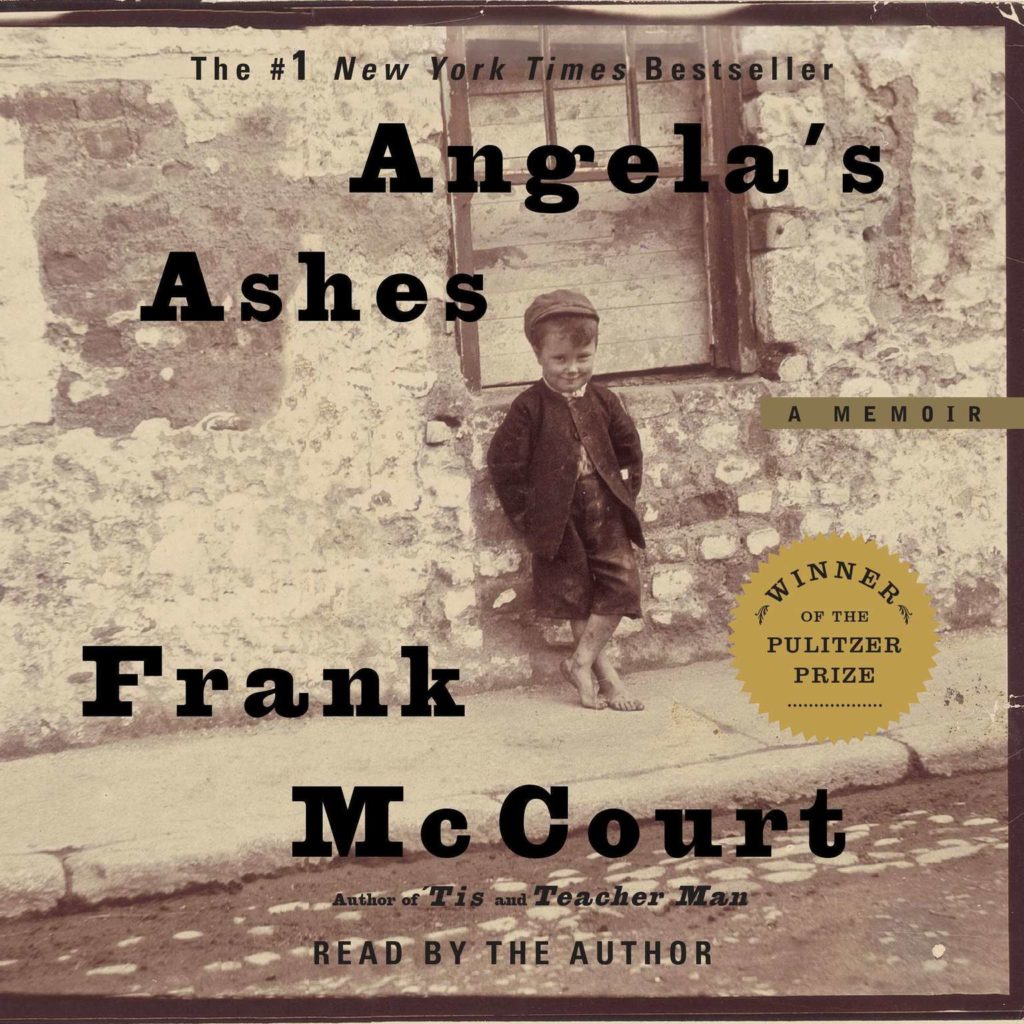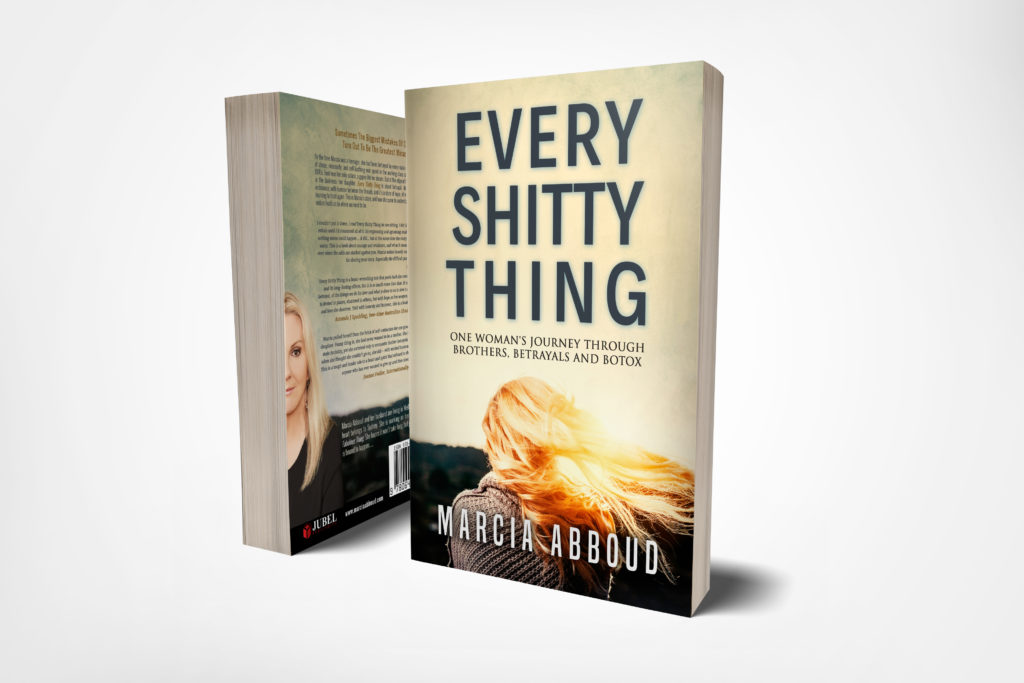Writing Memoir… How Hard Can It Be?
As a first time author I have to admit I feel like a bit of an imposter. I don’t have a literary background or did particularly well at school all those decades ago. I’m sure I passed English because my teacher had a soft spot for me. It couldn’t have been my academic skills. I was rubbish at spelling and grammar but I loved drama, and she was an out-of-work actress. Teaching English paid her bills she once told me. She also told me that I was creatively gifted. I assumed she was high, a hippie from way back.
I would envy my friends who read books and studied for exams. I did neither. The words on the page seemed to get lost in the translation from my eyes to my brain. I’m not dyslexic but I imagine it feels that way. Besides a half-arsed attempt at reading ‘Lord of the Flies’ for a school project, I didn’t read a book in its entirety until I was in my mid-twenties. Once I started I couldn’t stop. I loved them all; Stephen King, Charles Dickens, Anne Rice, Jane Austen, Dan Brown, even Shakespeare. I would spend whole weekends lost in the lives of the characters as if they were kindred spirits. It wasn’t until I read my first memoir ‘Angela’s Ashes’ by Frank McCourt that I fell in love with the genre. I read a lot of memoirs.
There’s just something about being present in someone else’s truth that pulls me in and resonates on a deep emotional level. I wondered how I felt so connected to the young Frank McCourt as he faced the heartbreaks of his childhood on the cold miserable streets of Limerick, Ireland. I was born decades later on the opposite side of the world in totally different circumstances yet I felt his pain and sorrow as if it were mine. I laughed and cried, saw the power of hope, and understood how our stories are universal.
I think every memoir I’ve ever read has helped me ‘survive’ in some way. The voice in my head would say; ‘well if they can get through THAT, I can get through THIS’.
Years later I wrote my own memoir hoping I could do the same for someone reading my story.
It first started in 2010. I left my full-time job to follow my dream and write my book. Three months later I ran out of money and had to go back to work. I wrote 100,000 words of rambling. I’d failed miserably. I followed other dreams. Six years later in May 2016 – I had a lot of free time on my hands – I went on a writing retreat to Fiji with 13 other women I didn’t know in hope my dream would come alive again. It did, and that’s really where it began. I became a writer.
For the next sixteen months my life would be twisted sideways as I delved inward to memories and things I’d locked away, or had long forgotten. It wasn’t just about learning the craft of writing. I had to tap into my consciousness, my awareness, my truth and the pain if I wanted my reader to resonate with my story. And for someone who has perfected the skilful art of ‘sweeping things under the carpet’, some days the thought of eating broken glass seemed easier.
The first draft was a whole lot of vomit but apparently that’s a good thing. The rewrite is where plot, themes, and structure really take form, and then the real progress starts. I must have done five, six, seven rewrites of some chapters. I got to a point where the sound of my own voice grated on me like a room full of screaming babies. Reading out loud is a weird concept but it really does help when editing.
I wrote Every Shitty Thing, not just as a legacy but with hope that my story might touch others in some profound way, big or small, or help them ‘survive’ whatever might be happening in their lives, just as all the memoirs have done for me over the years. If I could do that it would be incredible. I want someone to hold my story in their heart and imagine that no matter what betrayals, dysfunction, or heartbreak they’ve been through, they too can rise up from it. If my words can do that for someone else, well it doesn’t get any better than that as a writer and as a human being.
What I’ve learned, especially while writing my book, is that all the shit I’ve been through has got me to where I need to be. It’s not the shitty things that break us, they are what make us who we are and for me, at age 54, to finally feel a sense of self-worth and acceptance, to be able to forgive myself and others while keeping my sense of humour, it’s priceless.
If my story can give someone else the courage to write their story, I’d have nothing left on my bucket list (except Europe, still haven’t been there). If I can do it, anyone can.
Marcia Abboud


